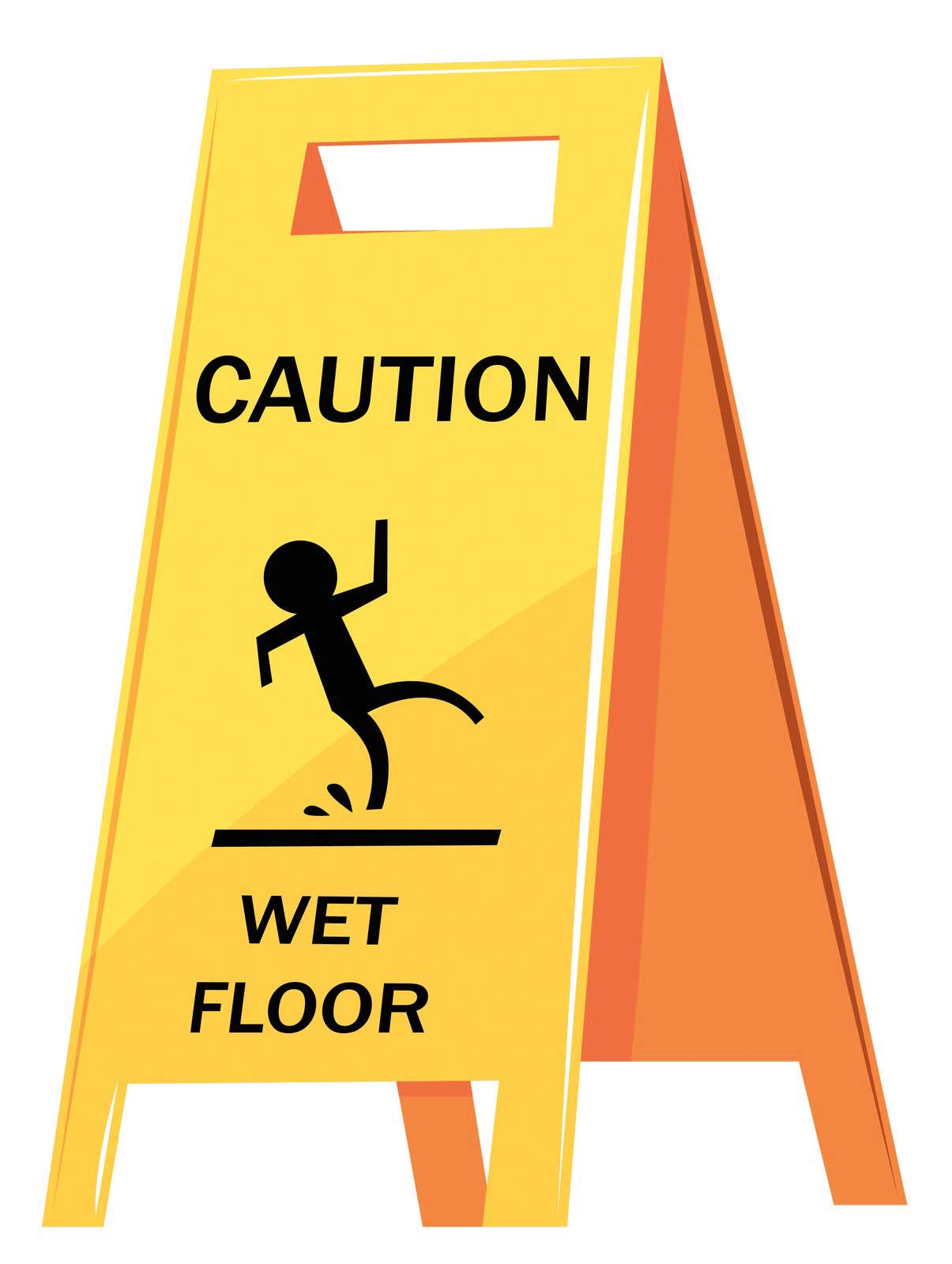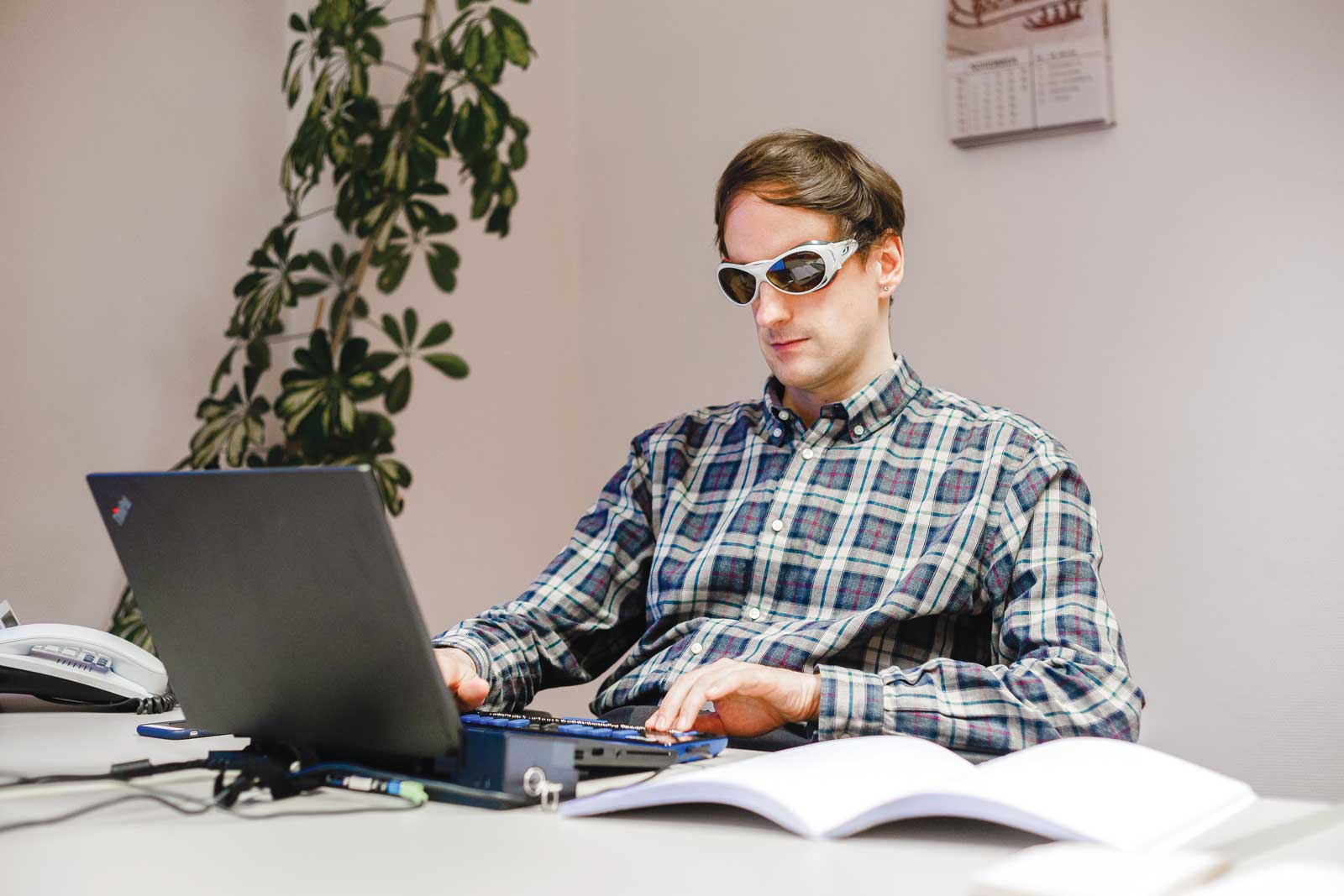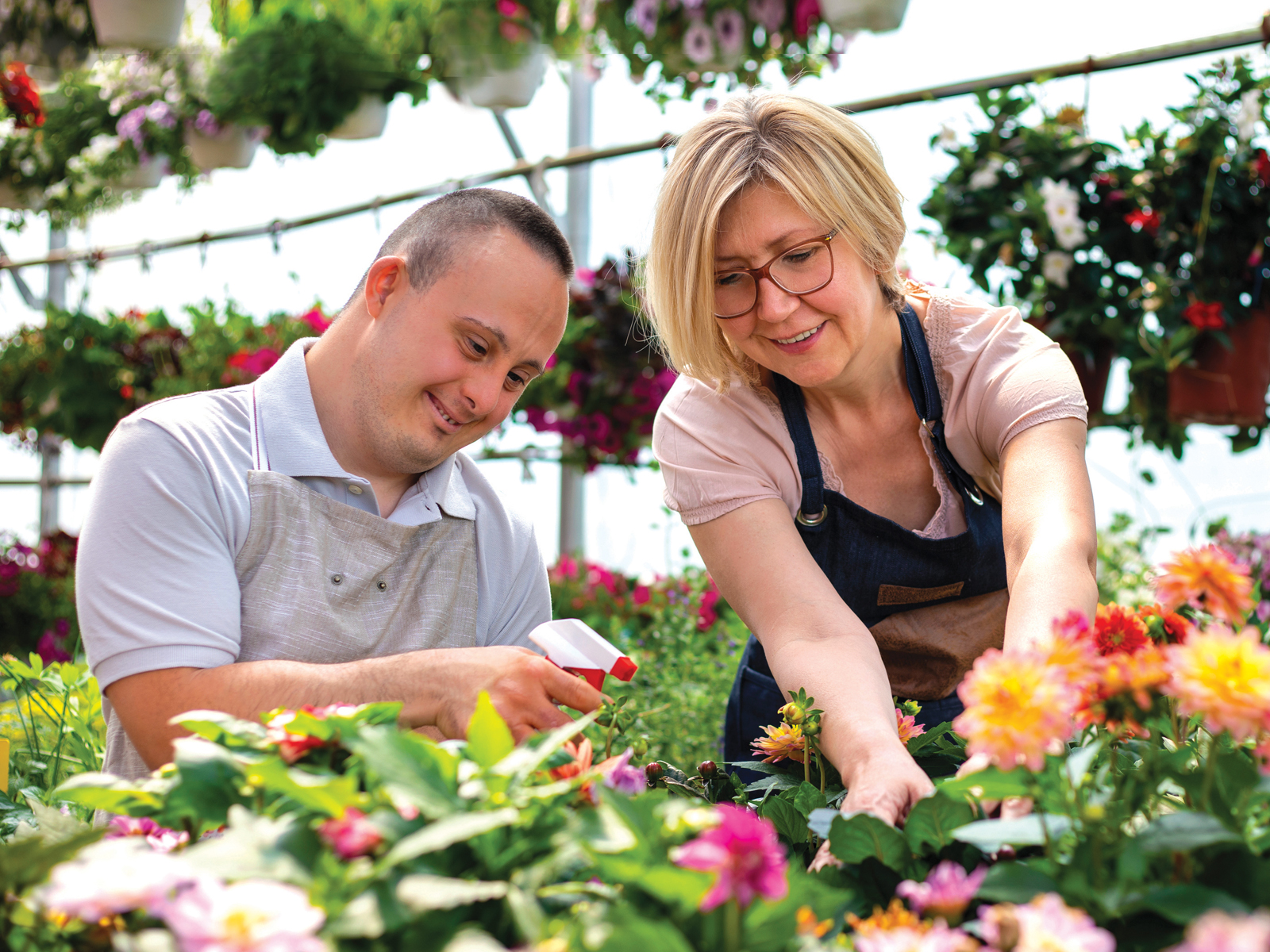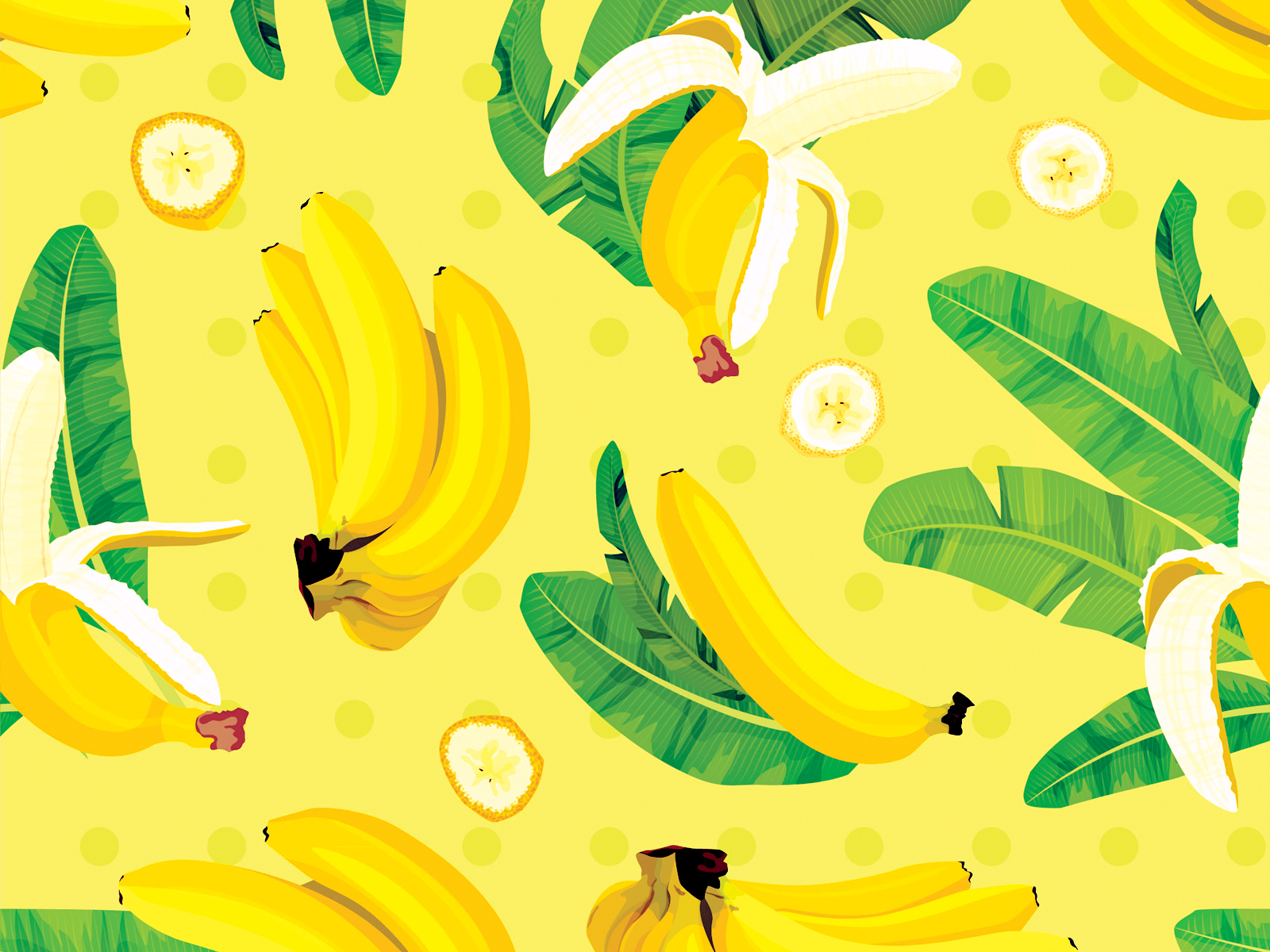By Michael Bjorn Huseby
A few tears slid down my face as I walked through the crisp air back to my Los Angeles apartment on the night of 2 January 2018. After work, I’d stepped into LensCrafters to get a prescription for new glasses, and I came out with a life-altering diagnosis.
“Retinitis pigmentosa,” the doctor informed me. “It’s a genetic condition,” she continued. “You’ll steadily lose your peripheral vision over the coming years.” When I asked the all-important question, the response was unsettling. “Yes, you could go completely blind.”
Not exactly the news I was hoping to hear.
All sorts of things started making sense. How people would sometimes claim they waved to me, but I didn’t wave back. That time at my friend’s house when I hit my head on the cupboard. Why it seemed like people would sometimes pop out of nowhere when I walked the streets at night. It was simple. I couldn’t see any of them.
Imagine a donut-shaped blind spot throughout your whole visual field. That’s what it’s like to be me. Over time, the blind spot will grow. Eventually, my entire visual field will be a blind spot. As anyone with retinitis pigmentosa will tell you, we have one mortal enemy. A foe so foul I can hardly think of one without shuddering.

When you look at this picture, you might see a caution sign. I see my next victim. You see, things on the floor are easily missed by someone with retinitis pigmentosa.
Instead of skillfully dodging the yellow nightmare, I punt the sign a few feet forward with a clumsy strike of the foot. Down it goes! At this point, I just laugh.
Yellow floor signs aren’t the only target. It could be the vase of flowers on the ground at the yoga retreat, the open dishwasher or a backpack on the floor. Nothing is safe. Yet I consider myself quite lucky. Aside from my accidental kicking of various objects, my day-to-day life is pretty much the same—for now.
“Aren’t you afraid of going blind?”
People ask me this all the time. The moment I reveal my condition, I often feel an outpour of nervous empathy coming from the face staring back at me. When we’re confronted with an apparent crisis, we can adapt or despair.
Obviously I’m afraid. How could I not be? The world is made by sighted people, for sighted people. Everything will be more difficult. I won’t be able to watch the sunset. I may never see what my grand- children look like. But will I let the fear consume me? Paralyze me? Define me? Absolutely not.
My new reality is painful, but I’m optimistic.
In Man’s Search for Meaning, Viktor Frankl explains that we can’t control what happens to us, but we can choose how to respond. After years of living in World War II concentration camps, Frankl was able to keep his composure. If he could withstand his darkness, I can withstand mine. When we’re confronted with an apparent crisis, we can adapt or despair. It’s all up to us. We can feel the fear, respect it, acknowledge it and then let it go. There’s life to be lived. Facing an uncertain future, I left my job as a corporate lawyer to travel through South America. I’d always wanted to take a solo trip and time was of the essence. I saw unimaginable beauty, met lifelong friends and started to release my anxieties. If I weren’t going blind, I wouldn’t have met my wonderful girlfriend on a boat in Bolivia. I wouldn’t have decided to prioritize spending time with my parents, strengthening bonds I neglected in my previous decade of valuing monetary success over relationships. I wouldn’t have climbed volcanoes, swam with sharks or lived in Colombia. I wouldn’t have gone on a spiritual journey, finally understanding what it means to be alive.
Plus, I’ll get a kind of superpower. As Norman Doidge explains in The Brain That Changes Itself, as my eyes stop transmitting light to my visual cortex, my brain will repurpose that region of my brain to do something else. In short, there is potential to gain new abilities I don’t currently have.
So, am I afraid to go blind? Of course. Navigating a world built for sighted people will be challenging, frustrating and tedious. But it will also be creative, engaging and new. I didn’t choose to lose my vision, but I’ve decided to make the best of it.
Michael Bjorn Huseby is a freelance writer, specializing in health, wellness and travel. Visit bjorn2write.com.
Reprinted with permission from medium.com.














